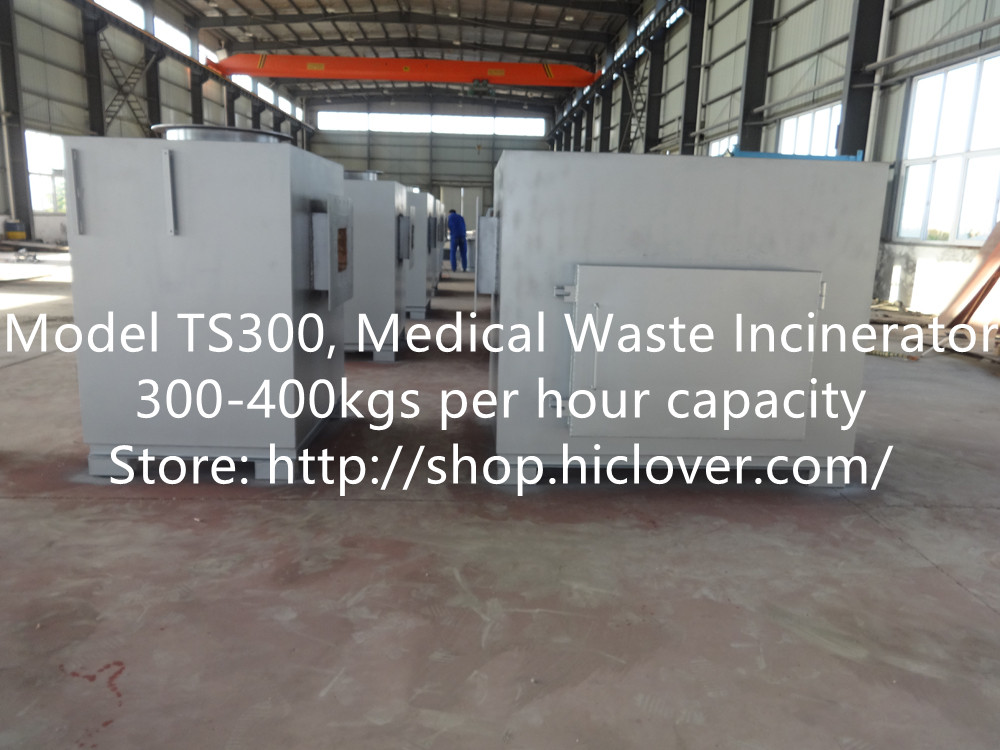The Environmental Impact of Waste Incinerators: What You Need to Know- waste incinerator

Waste incinerators are a controversial topic in the realm of waste management and environmental conservation. While they are seen by some as a solution to the ever-growing problem of waste disposal, others argue that they pose serious risks to the environment and public health. In this article, we will explore the environmental impact of waste incinerators and what you need to know about their potential consequences.
One of the primary concerns surrounding waste incinerators is their contribution to air pollution. When waste is burned, it releases harmful pollutants such as dioxins, furans, and heavy metals into the atmosphere. These pollutants can have serious health implications, including respiratory issues and the development of certain types of cancer. In addition, incinerators emit greenhouse gases such as carbon dioxide and methane, which contribute to climate change.
Another concern is the impact of incinerators on local ecosystems. Ash and other byproducts of incineration can leach into soil and water sources, contaminating them with toxic substances. This can harm wildlife and disrupt the balance of ecosystems, leading to long-term damage to biodiversity.
Furthermore, the process of burning waste itself requires a significant amount of energy, which often comes from non-renewable sources such as fossil fuels. This not only contributes to greenhouse gas emissions but also perpetuates our reliance on unsustainable energy sources.
Despite these concerns, proponents of waste incineration argue that it can be a more efficient and cost-effective waste management solution compared to landfilling. Incineration can reduce the volume of waste, minimize the need for landfills, and generate energy through the combustion process. In some cases, waste-to-energy plants can even be fitted with pollution control devices to mitigate the release of harmful pollutants.
However, it is important to consider the full lifecycle impacts of waste incinerators when evaluating their environmental sustainability. While they may offer some benefits in terms of waste reduction and energy generation, the environmental and public health risks associated with incineration cannot be ignored.
In conclusion, waste incinerators can have significant environmental impacts that must be carefully considered when evaluating waste management options. While they may offer certain benefits, such as reducing the volume of waste and generating energy, the release of harmful pollutants and greenhouse gases poses serious risks to the environment and public health. As we strive to find sustainable solutions for managing waste, it is important to prioritize practices that prioritize the protection of our environment and communities.